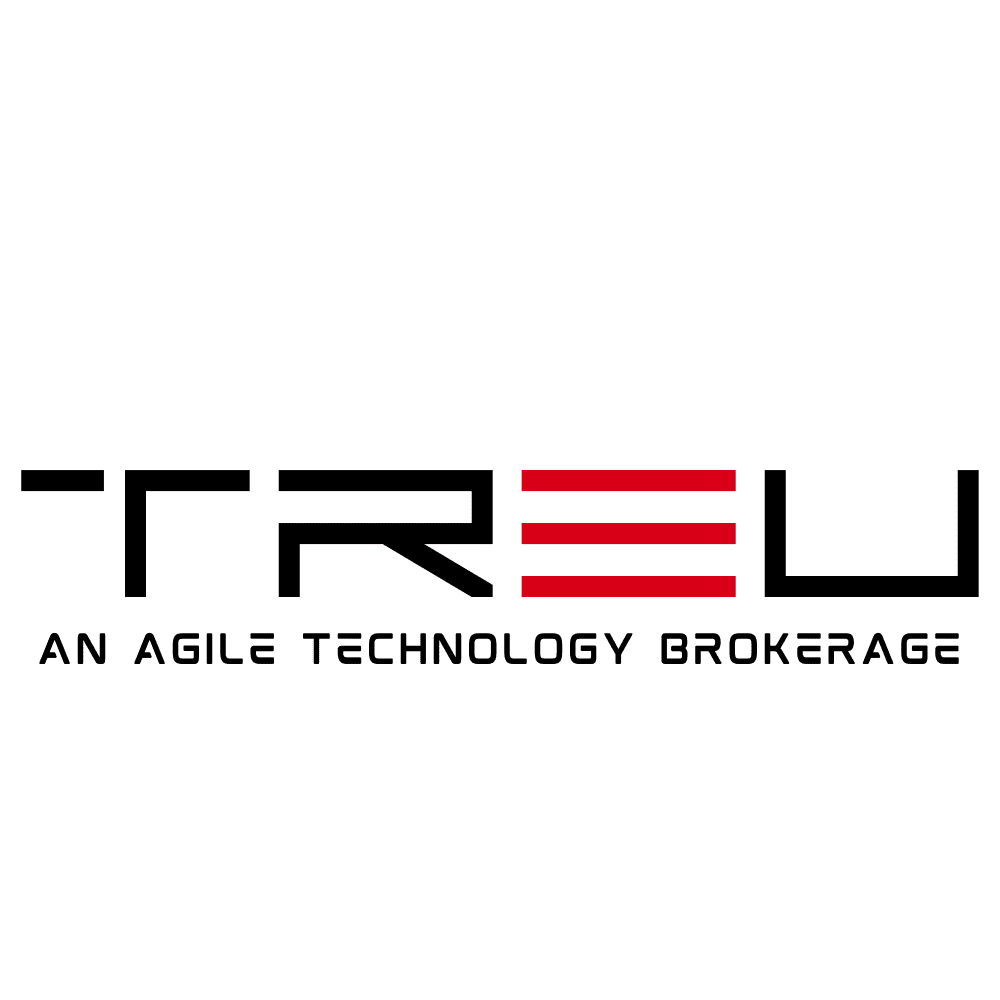UKI CEOs Lead the Charge in Embracing Agentic AI
Understanding Agentic AI: The Next Evolution in Enterprise Intelligence
Artificial Intelligence (AI) continues to redefine industries and transform operational models—but today’s dialogue is shifting beyond simple automation to something more autonomous and transformative: Agentic AI. This emerging class of AI isn’t just programmed to complete tasks. Rather, it works toward defined goals with the capacity to adapt, decide, and act independently based on context.
According to a recent IBM report, CEOs across the United Kingdom and Ireland (UKI) are at the forefront of adopting agentic AI systems, signaling a new era in strategic technology leadership.
What Makes Agentic AI Different?
Most organizations are now familiar with traditional machine learning systems and predictive analytics. However, agentic AI introduces several paradigm shifts:
- Goal-Oriented Behavior: Unlike typical automation tools, Agentic AI can set and pursue goals using logical frameworks, mimicking human decision-making.
- Contextual Awareness: It dynamically interprets changing environments, adapting strategies to maximize outcomes.
- Performing with Autonomy: These systems operate without constant human input, reducing operational load and freeing up human talent for higher-value tasks.
This autonomy plays a critical role in shaping a future where organizations aren’t just reactive but proactively adaptive—embedding AI not as a tool, but as a collaborator.
UKI CEOs Are Laying the Benchmarks
In IBM’s recent global CEO study, leaders across the UKI were particularly enthusiastic and optimistic about the potential of agentic AI. An astounding 76% of UKI CEOs reported that they are actively exploring or investing in agentic AI technologies—higher than in nearly all other regions surveyed worldwide.
What’s fueling this accelerated adoption? It comes down to a blend of visionary leadership, technological infrastructure readiness, and competitively driven strategic imperatives.
Strong Foundational Digital Maturity
The UKI region enjoys strong digital infrastructure, high broadband penetration, and a culture of rapid innovation—factors that form a fertile ground for advanced AI adoption. Companies here have already transitioned many core operations to digital workflows, making it easier to integrate more complex and autonomous AI systems.
Talent and Top-Down Buy-In
The initiative is being driven from the top. UKI CEOs are not just delegating AI strategy—they’re integrating it into the core business agenda. This has led to:
- Accelerated pilot programs in finance, HR, and operations using AI agents.
- Strategic partnerships with AI startups and academic institutions.
- Leadership upskilling to better understand the implications and capabilities of AI technologies.
Strategic Imperatives: From Automation to Augmentation
CEOs are recognizing that AI is no longer just an efficiency tool—it’s a business differentiator. The shift toward agentic AI promises not only to reduce operational bottlenecks but also to create new revenue streams, uncover insights, and even drive innovation in product development.
Industry Use Cases: Where Agentic AI Is Gaining Momentum
UKI firms are rapidly identifying and deploying agentic AI across diverse sectors. These aren’t just theoretical pilot projects—they are live programs delivering measurable returns.
Finance and Banking
In the finance sector, agentic AI is revolutionizing everything from fraud detection to portfolio optimization. AI agents are now being trusted to:
- Monitor and manage financial risk profiles dynamically.
- Make real-time investment decisions within predefined parameters.
- Help personalize financial advice using individual user behaviors and goals.
Retail and E-commerce
Retailers in the UKI are deploying agentic AI to enhance customer experience and logistics:
- AI agents are handling customer service at scale, learning from each interaction and offering personalized solutions.
- Supply chain operations benefit from AI agents that predict demand, optimize delivery routes, and manage inventory autonomously.
Healthcare Innovation
Healthcare organizations are experimenting with AI agents that can not only process patient data but provide accurate preliminary diagnoses, recommend treatments, and manage appointment schedules more efficiently than human-only workflows.
Challenges That Remain
Despite the rapid progress and promising applications, UKI CEOs remain acutely aware of the challenges.
Trust and Ethical Governance
Many businesses are still grappling with the ethical implications of allowing AI systems to act autonomously. The potential for bias, unintended outcomes, or security vulnerabilities is a major concern—and a hurdle that requires strong governance frameworks.
Change Management
Agents can outperform humans in routine tasks, but that also changes team compositions and roles. Change management, employee reskilling, and cultural adaptation are critical to enable this shift harmoniously.
Regulatory Uncertainty
Given the European Union’s proactive stance on AI regulation, many UKI-based firms are working closely with legal teams to ensure compliance and anticipate future policy changes.
Looking Forward: A Blueprint for Agentic AI Success
For companies considering the adoption of agentic AI technologies, the success stories across the UKI provide a roadmap for implementation.
Here are some recommended steps for organizations at the early stages:
- Start with a small, high-impact project that aligns with your strategic priorities.
- Involve leadership from day one to ensure AI development supports business goals.
- Develop a governance framework to manage risk, ensure transparency, and uphold ethical standards.
- Upskill and cross-train teams so human capital complements, rather than competes with, AI capabilities.
- Measure outcomes iteratively, focusing on both quantitative KPIs and qualitative business insights.
Final Thoughts: UKI’s AI-Driven Future
Agentic AI is not just the next iteration of technological innovation—it represents a restructuring of how businesses operate, deliver value, and compete in global markets. UKI CEOs are clearly positioning themselves to lead this transformation, turning enthusiasm into strategic action.
With a strong foundation in digital transformation and a forward-thinking leadership culture, the UKI region is poised to become a benchmark globally in how agentic AI is used to create meaningful, intelligent enterprises.
As the rest of the world watches, one trend is clear: UKI CEOs aren’t just adapting to the future of AI—they’re helping to shape it.
What does your roadmap for AI and incorporating it into your business look like?

